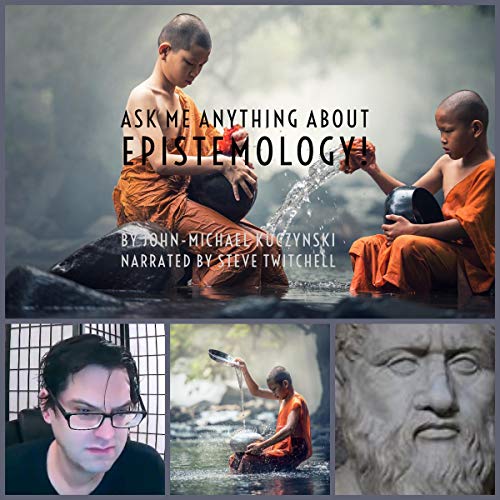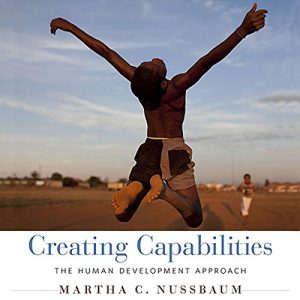Epistemology is the theory of knowledge. It is the discipline that makes it clear what conditions one must meet if one is to have knowledge. Epistemology thus explains how it is that we can have knowledge of the future, the past, and the present but imperceptible. Epistemology also explains how we can have knowledge of truths that concern abstract entities, such as numbers and properties, as opposed to spatio-temporal entities. Epistemology also explains how our ability to have a given kind of knowledge may interact with our ability to have some other kind of knowledge, so as to produce an ability to have a third kind of knowledge. Thus, our ability to understand truths of a purely mathematical kind interacts with our ability to grasp truths about the external world, in such a way as to produce an ability on our part to grasp laws of physics.
Epistemology also explains how we can have knowledge of an external world, and it identifies the limits of such knowledge, some of the principles relating to which are embodied in important scientific principles, such as Heisenberg’s Uncertainty Principle. Finally, epistemology clarifies the nature and limits of our knowledge of ourselves; and in so doing, it elucidates the nature of the discoveries made by Freud and Chomsky, and also suggests ways to rearticulate and improve upon the theories put forth by those investigators.
In this AMA (Ask Me Anything)-session, I answer people’s questions about epistemology.








Reviews
There are no reviews yet.